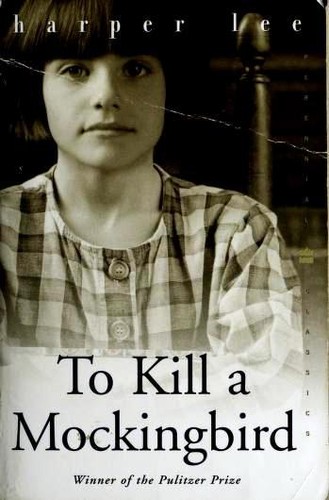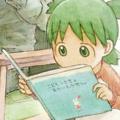Porrumentzio reviewed To Kill a Mockingbird by Harper Lee
Bestelako liburua
4 stars
Orain arte irakurri ditudan liburuekin alderatuta oso ezberdina da hau. Horregatik dezente kostatu zitzaidan erritmoa eta gustua hartzea, 100. orrira arte edo ez nuelako jakin zer kontatu nahi zidan... eta gero ere, antzeko jarraitu du.
Bestelako liburua da, ume baten ikuspegitik dagoelako kontatua. Eta umeek emozioez gidatzen dute beren burua, ez justiziaz, ez gizalegez. Eta horrexegatik kontatzen du egunerokoa, detaile txikienari ere garrantzia emanda; eta, guzti horren artean, helduoi garrantzitsuagoak iruditzen zaizkigunak aipatzen ditu: justizia, arrazakeria, epaiketak, hilketak... baina beti eragiten dizkion emozioetatik abiatuta. Horregatik da bestelakoa liburua hau, eta, azkenean, liburuak horixe kontatu nahi zidala ondorioztatu dut: umetasuna.
Orain arte irakurri ditudan liburuekin alderatuta oso ezberdina da hau. Horregatik dezente kostatu zitzaidan erritmoa eta gustua hartzea, 100. orrira arte edo ez nuelako jakin zer kontatu nahi zidan... eta gero ere, antzeko jarraitu du.
Bestelako liburua da, ume baten ikuspegitik dagoelako kontatua. Eta umeek emozioez gidatzen dute beren burua, ez justiziaz, ez gizalegez. Eta horrexegatik kontatzen du egunerokoa, detaile txikienari ere garrantzia emanda; eta, guzti horren artean, helduoi garrantzitsuagoak iruditzen zaizkigunak aipatzen ditu: justizia, arrazakeria, epaiketak, hilketak... baina beti eragiten dizkion emozioetatik abiatuta. Horregatik da bestelakoa liburua hau, eta, azkenean, liburuak horixe kontatu nahi zidala ondorioztatu dut: umetasuna.



